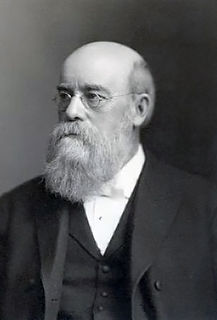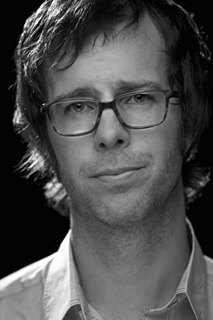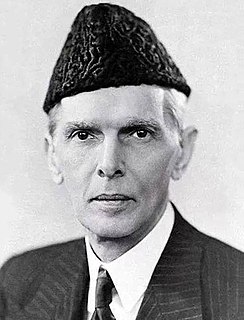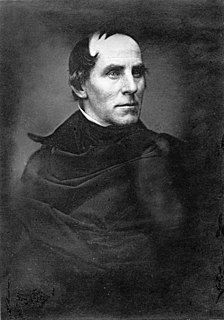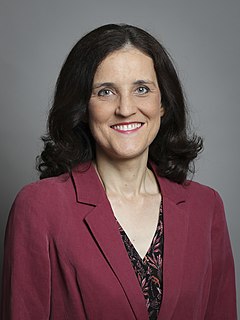A Quote by William Shakespeare
This is some fellow,
Who having been prais'd for bluntness, doth affect
A saucy roughness and constrains the garb
Quite from his nature: he can't flatter, he!
An honest mind and plain,--he must speak truth!
And they will take it so; if not he's plain.
These kind of knaves I know, which in this plainness
Harbor more craft, and far corrupter ends,
Than twenty silly, ducking observants,
That stretch their duty nicely.
Related Quotes
I would rather have a young fellow too much than too little dressed; the excess on that side will wear off, with a little age and reflection; but if he is negligent at twenty, he will be a sloven at forty, and stink at fifty years old. Dress yourself fine where others are fine, and plain where others are plain; but take care always that your clothes are well made and fit you, for otherwise they will give you a very awkward air.
The physicist may be satisfied when he has the mathematical scheme and knows how to use for the interpretation of the experiments. But he has to speak about his results also to non-physicists who will not be satisfied unless some explanation is given in plain language. Even for the physicist the description in plain language will be the criterion of the degree of understanding that has been reached.
A man must first of all understand certain things. He has thousands of false ideas and false conceptions, chiefly about himself, and he must get rid of some of them before beginning to acquire anything new. Otherwise the new will be built on a wrong foundation and the result will be worse than before. To speak the truth is the most difficult thing in the world; one must study a great deal and for a long time in order to speak the truth. The wish alone is not enough. To speak the truth one must know what the truth is and what a lie is, and first of all in oneself. And this nobody wants to know.
Truth is not only stranger than fiction, it is more telling. To know that a thing actually happened gives it a poignancy, touches a chord, which a piece of acknowledged fiction misses. It is to touch this chord that some authors have done everything they could to give you the impression that they are telling the plain truth.
Very few men can speak of Nature, for instance, with any truth. They overstep her modesty, somehow or other, and confer no favor.They do not speak a good word for her. Most cry better than they speak, and you can get more nature out of them by pinching than by addressing them. The surliness with which the woodchopper speaks of his woods, handling them as indifferently as his axe, is better than the mealy-mouthed enthusiasm of the lover of nature. Better that the primrose by the river's brim be a yellow primrose, and nothing more, than that it be something less.
. . .nature is still predominant, and there are those who regret that with the improvements of cultivation the sublimity of the wilderness should pass away: for those scenes of solitude from which the hand of nature has never been lifted, affect the mind with a more deep toned emotion than aught which the hand of man has touched. Amid them the consequent associations are of God the creator-they are his undefiled works, and the mind is cast into the contemplation of eternal things.





